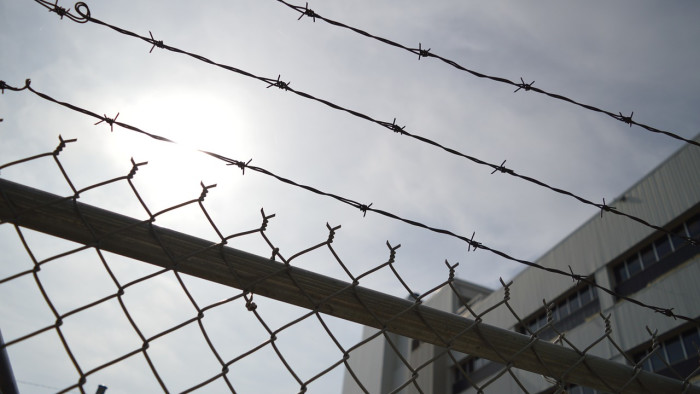
Semira was a young Nigerian woman who died during a repatriation operation due to the excessive use of violence by the police.
Semira had fled her home country in March 1998 to escape an arranged marriage with a 65-year-old man she did not know and who had allegedly killed one of his wives. Semira got a flight from Togo to Brussels, with the intention of later reaching Berlin. However, upon her arrival in Brussels, she was arrested and detained in the airport 127 bis centre for irregular migrants. Her asylum claim was denied.
Following a grassroot protest against the migration detention centres, which was held before the 127 bis centre, Semira managed to get in touch with the organising association (Collectif de resistance contre les eloignements et les rapatriements, CRER) and denounce the violence that migrants are subjected to in detention centres and during the repatriation operations. By that point, the authorities had tried to put her on a flight to Nigeria three times.
Two more attempts to repatriate her failed thanks to the opposition of passengers and air crew, following Semira’s cries. Talking about one of such attempts, Semira said “They were pushing me all over my body, one of them held a pillow against my face. I almost choked.”
Back at the centre, she would be put in an isolation cell.
At her sixth repatriation attempt, Semira was escorted on the plane by nine police officers and three airport security officers. Her hands and feet were bound with plastic handcuffs. Sat at the back of the plane, she started to sing as the passengers came in. In an attempt to silence her, the police officers put a pillow over her mouth, twisted her arms behind her back, and pushed her face against the pillow. One police officer pressed his knee on Semira’s head to keep her down. The “pillow technique” went on for 11 minutes, whilst the rest of the police officers were surrounding the seats, and only stopped when the pilot called the ambulance. When the police officer took off his knee, Semira was not breathing anymore, and her face was cyanotic. In a coma, she was brought to a Brussels hospital, where she died a few hours later.
The violence used by the police officers against Semira on the plane was recorded on camera by one of the officers, as required by the law. The video was later played during the trial of five police officers, who were involved in the return operation. Criminal proceedings were initiated by Semira’s family against the five policemen, who were given suspended sentences.
The local League des Droits de l’Homme brought an action for damages for both the accusations of blows and violation of the anti-racism law. The action was only declared admissible as for the latter accusation, but the prosecutor considered that there were no charges.
The public outcry over Semira’s death resulted in the resignation of the then Minister of Interior Affairs Louis Tobback and in the establishment of a parliamentary commission (Commission Vermeersch) charged with the assessment of the return techniques adopted by the police. The commission proscribed the use of the pillow but still allowed both hand and leg cuffs, and even suggested the use of charter flights instead of civilian flights for return operations.


